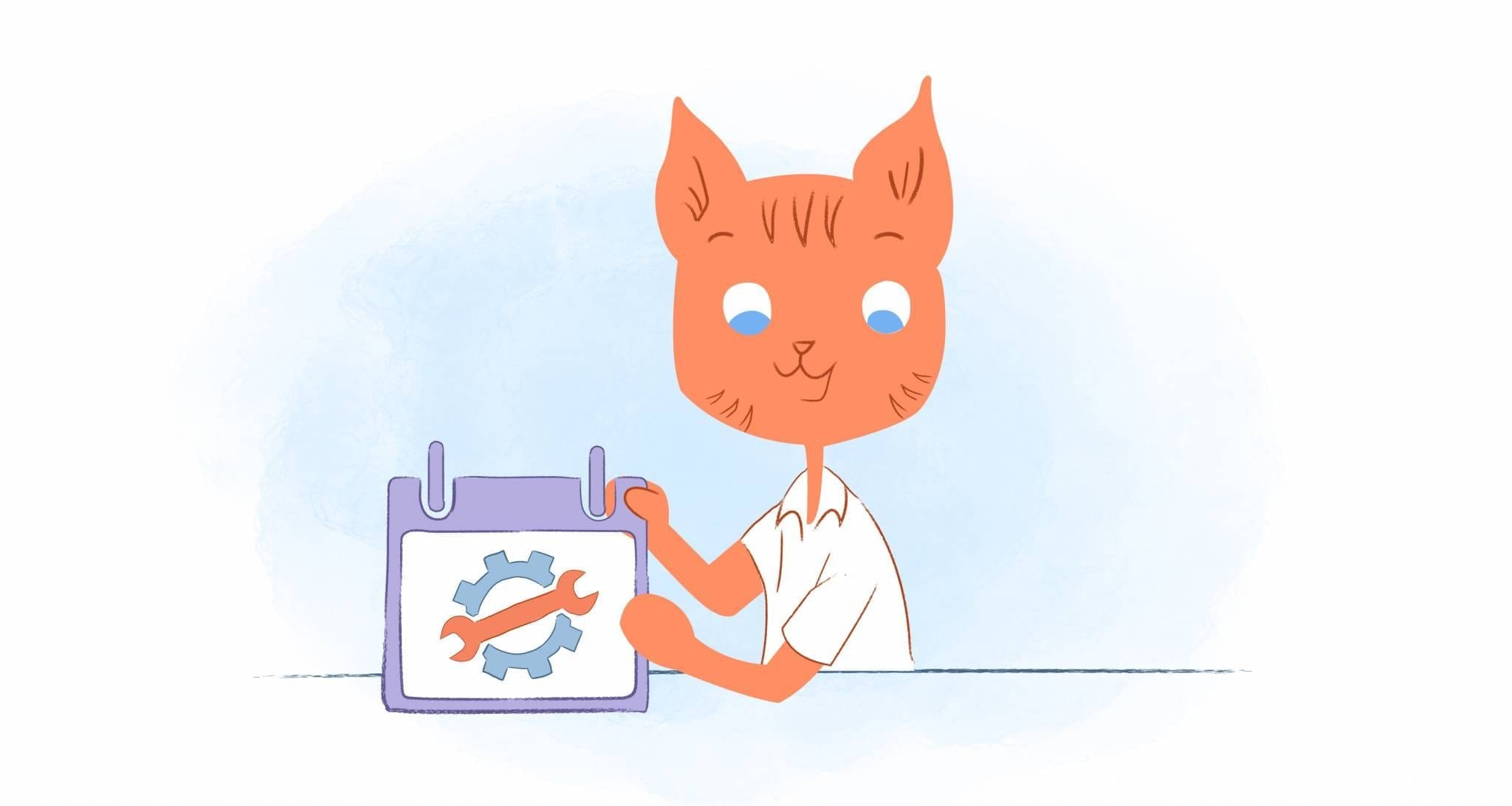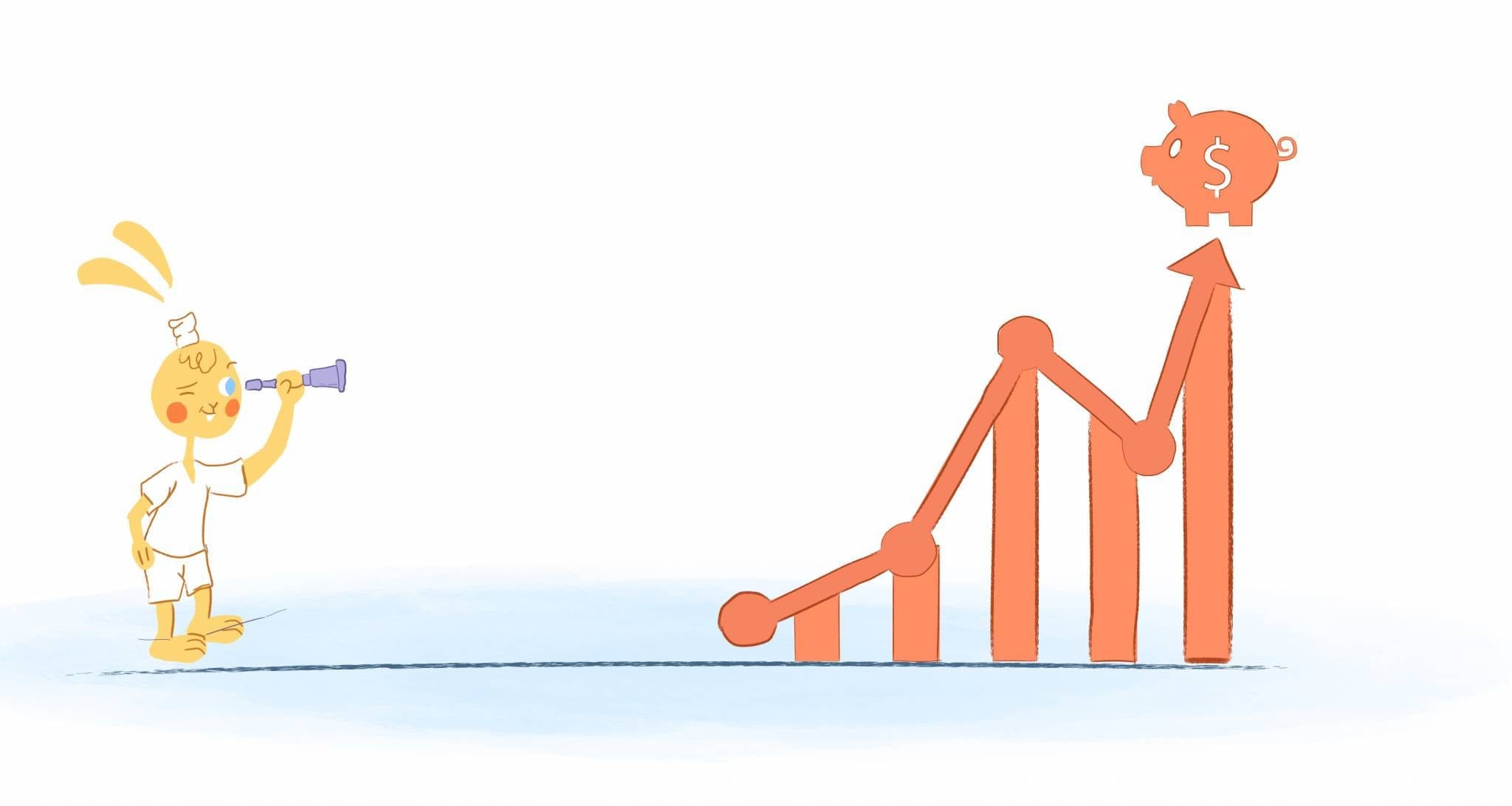

As humans, we’re hardwired to experience stress. A little stress can even be a good thing, especially if it’s fleeting and attached to something positive. Case in point: Stress that accompanies buying a house or getting married can promote focus, motivation, and excitement. However, never-ending stress isn’t so pleasant, and for many stressed-out people, their main source of persistent stress is work.
This isn’t shocking news. Anyone who’s held a job for five seconds knows that stress can be part of the territory. From bad bosses and angry customers to hard deadlines and revenue goals, professional stresses are everywhere. Obviously, you can’t eliminate them all. Yet you can temper their impact by undertaking some stress-busting actions.
And the time to take those actions is now.
According to the American Psychological Association, the nation’s stress levels have risen to worrisome levels. Since 2019, the stress needle has slowly ticked upward among Gen Zers, Millennials, and Gen Xers. That’s scary, as stress is associated with everything from depression to medical conditions. But there’s a silver lining: You can keep your occupational stress to a livable level by implementing direct and indirect stress-reduction techniques.
Direct Strategies to Minimize Work Stress
If your stress is coming from your work, you can start minimizing it by changing your workplace responses, processes, and behaviors. Though you can’t control everything within your office or organization, you can control some things as outlined below. Gaining control can restore your innate power — and maybe change your perspective about stress — as described in a CNN piece.
Set workload boundaries
Is “Sure!” your go-to reaction whenever you’re asked to stay after work or take on more and more responsibilities? Even if you’re getting paid extra for your efforts, you may begin to resent how much time and energy you’re spending at work. This can leave you overwhelmed and frustrated, not to mention, as explained by Andre Oentoro, founder of Breadnbeyond, at risk for developing burnout.
It can be hard to push back when a manager or team member asks you to do something. Nevertheless, setting professional boundaries is a practical step toward reducing your stress. You don’t have to turn down every new assignment or opportunity, but you shouldn’t feel wrong for declining occasionally.
For example, maybe you’ve been toiling 50+ hours a week and it’s causing you major mental distress. Your first order of business should be to resist taking on additional time-consuming challenges. After stopping the flow of work coming your way, you can look for chances to delegate some of your calendar items. It may feel strange initially to scale back, but it will pay off by giving you more free time and personal space.
Air concerns immediately
Letting problems and concerns fester can nag at you and cause your stress to skyrocket. Rather than allowing your imagination to run wild or your emotions to go haywire, deal with issues right away.
Let’s say you’re a remote worker and you’re dealing with a sticky situation: Your colleagues aren’t keeping you looped in. For example, you learn about decisions long after they’ve been made — and it’s causing you to give incorrect information to others. You’re getting discouraged and worried. Is this a sign that your coworkers see you as less important? Is it a harbinger that you’re about to be terminated? Instead of spending time on the “What ifs?”, aim to get to the bottom of the matter.
To begin, talk frankly with your supervisor. Have concrete evidence handy to support your claims and fuel a productive, non-emotional discussion. For instance, you might point out that in the past month, you’ve been unable to access 12 important documents or weren’t copied on several essential group emails. Pointing out these discrepancies in a clear, objective way gives your boss a chance to fix them. It also clears you of the stress that comes from the unknown.
Work for an employee-centric company
Many employers have a reputation for valuing their team members’ health and wellness. As such, they do all they can to help their employees achieve better work-home balance. Usually, you can spot this type of company by the types and number of supportive benefits they offer.
For example, employee-centric companies usually offer generous paid-time-off (PTO) — and they want you to use it. PTO allows you to refresh and re-energize without feeling an ounce of guilt. Working Advantage, an employee discount platform, promotes getting away from your job can lead to a wealth of desirable effects. These include decreased physical and mental tension and enhanced happiness and satisfaction. Plus, after a vacation, you’re more likely to see your productivity skyrocket. (In other words, you’ll lower both your and your organization’s stress by using all your PTO.)
What if your current employer is stingy with time off? Consider looking for a different position with a more employee-friendly ecosystem.
Clarify your duties.
Have you ever been told to complete an assignment but only been given some of the expectations? Muddling ahead can end up stressing you out, as well as causing you to make preventable errors. Asking for clarification as soon as you’re given an assignment assures that you can move forward confidently.
The next time you’re given a project with multiple stages, take the time to look at each element of the project. Do you have all the resources you’ll need? Do you have access to data that could be useful? Are there any parameters that would be good to know about, such as how much time you’re supposed to spend on this task?
Getting answers to these and other questions won’t just assist you. It will force the person directing you to become clearer. You may find that your leader doesn’t know the answers, either. In that case, you can find them together and more collaboratively set the stage for your success.
Indirect Strategies to Minimize Work Stress
Once you’ve put some direct strategies into motion to conquer your work stress, you can move on to indirect ones. Indirect strategies are initiatives designed to keep your stress to a minimum when you’re not on the clock. By easing outside stressors, you’ll be able to minimize work stress during your workdays.
Maintain a healthier lifestyle
What you do when you’re outside of work matters to your stress. When you don’t exercise or eat well, you’re not going to feel your best. Conversely, when you prioritize your wellness habits at home, you’re able to bring less emotional turmoil to your occupation. Author Sarah Sharkey notes another advantage to getting fitter: Your ability to innovate may soar. When innovation comes easily, you’ll be less stressed during brainstorming sessions.
As part of your commitment to adopting a healthier lifestyle, try to get as much recuperative sleep as you can. Sleep plays a critical role in minimizing stress in adults. A Gallup poll recently showed that 57% of Americans ages 18 and older aren’t getting enough sleep. And 63% of those people reported that they had high stress levels.
The message is evident: If you’re striving for lowered stress, getting a solid snooze is a must. Some smart practices to make bedtime and rest easier include drinking little (or no) alcohol at night, eating a lighter dinner, and avoiding screens right before hitting the sack.
Explore a passion project
Hobbies aren’t just fun. They can bring you relief from stress, too. When you engage in activities and projects that make you happy, you’ll give your mind an escape from work stressors. Plus, you’re rewarded immediately by seeing the fruits of your labor.
Any kind of hobby is fair game. Gardening. Playing on a volleyball team. Tinkering in the garage. Whatever healthy recreation that stimulates your brain in a positive way is worth pursuing. You don’t have to be great at it, either. Merely doing something other than your day job can bring you some much-needed joy.
Over time, you may find that your hobby evolves into a side gig. Many entrepreneurs have started as hobbyists, among them the founder of Craigslist according to reporting published by the U.S. Chamber of Commerce. Who knows? Your passion project could end up as a way to keep your stress in check now and earn money down the road.
Work stress will exist no matter what you do. With that being said, you shouldn’t struggle through stressful days until retirement. By making deliberate changes right now, you can minimize your work stress and maximize your well-being.
Featured Image Credit: Andrea Piacquadio; Pexels











Deanna Ritchie
Editor-in-Chief at Calendar. Former Editor-in-Chief and writer at Startup Grind. Freelance editor at Entrepreneur.com. Deanna loves to help build startups, and guide them to discover the business value of their online content and social media marketing.